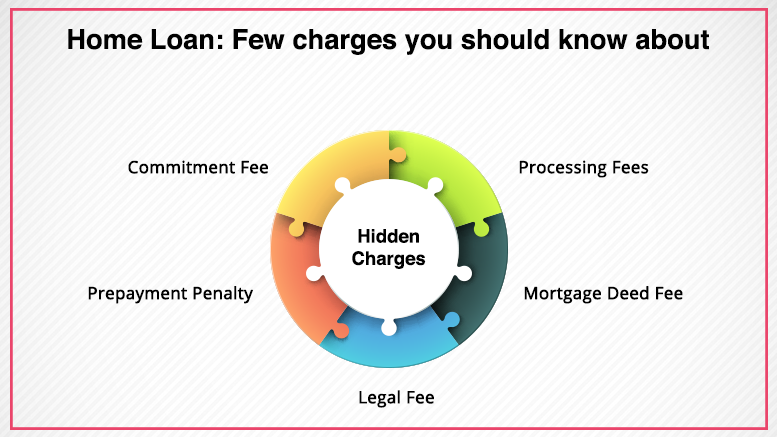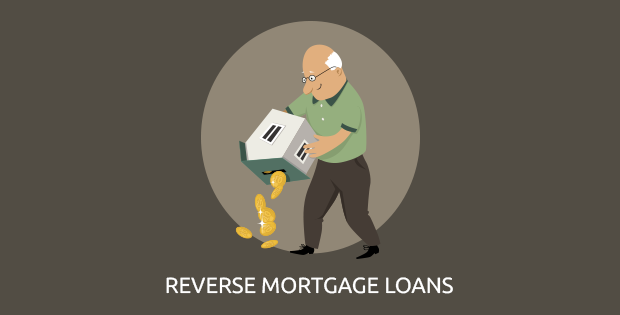
- About Us
- OUR OFFERINGS
- CALCULATORS
- RESOURCE CENTRE
-
Quick Links
- Existing Customers Benefits
- Become a Partner
- Pre-Approved Projects
- Home Loan App
- Blog
- CSR
- Locations
- Roi Switch Policy
- Co-Lending Policy
- Co-Lending Partnerships
- Customer Sensitization Program
- ROI Range
- Borrower Education - SMA/ NPA classification
- Borrower Awareness - RBI Ombudsman Scheme
- Borrower Awareness - procedure for handover of property documents
- NEWS CORNER
-
INVESTOR RELATIONS
- Financial Reports
- Investor Presentations
- Annual Reports
- Notices
- ESG Profile
- IEPF
- Investor Call Transcript
- Corporate Announcement
- Public Issue of NCD'S
- Qualified Institutional Placement
- Investor Relations Contact
- Familiarisation Programmes
- ISO CERTIFICATIONS
- Forms for Shareholder KYC-PAN-Nomination update
- Credit Ratings
- Statutory Advertisements
- ODR Portal
- Rights Issue
- Sustainable Financing Framework
- CONTACT US
- Login
 Apply
ApplyOnline

India's 1st Completely Online Home Loan!
-
e-APPLY
-
e-SANCTION
-
e-DISBURSE
Start your eHome Loans Process Now!
Apply OnlineEverything you need to know about the floating interest rate

- Jan 16, 2019
- VIEWS: 11413
Purchasing a home is a major financial decision that affects us for as long as the home loan tenure lasts. While it is a great investment, there are many things that one needs to consider; whether it is the locality of the home, the down payment you can afford, the principal loan amount you need or the tenure of the loan. One of the most important components of this loan is the interest rate. Banks, non-banking finance companies and housing finance companies allow the lender to choose from two types of interest on their home – a fixed interest rate and a floating interest rate. In this article, we shall speak about everything related to the floating interest rate.
What is floating interest rate on home loan?
A floating interest rate, as is evident from the term, is an interest rate that varies or changes along with the changing market conditions as opposed to a fixed interest rate which remains the same for the entire tenure of the loan. If you choose the floating interest rate on your home loan, you are required to pay a base rate (which is typically low), while a floating element is added to the loan. A base rate is nothing but the minimum interest rate or the benchmark rate set by the lenders. Lenders are not permitted to provide loans below the base rate. Therefore, when a base rate is modified, the floating rate also varies.
Reasons to opt for a floating interest rate on your home loan
Most investors are often confused whether to choose the fixed or the floating rate of interest, since each come with their own advantages and disadvantages. Here are some reasons to opt for a floating interest rate on your home loan:
Market conditions forecasting: You can opt for the floating interest rate if you expect the interest rates on home loans to decrease in the future. A decreased interest rate can reduce the actual cost of your loan.
There is a scope for saving money: Floating interest rates are typically 1% to 2.5% lower than fixed rates of interest, offered by the same lender. This lowered percentage of interest can help you save money, month on month on your EMI.
You can enjoy unexpected gains: Borrowers who choose the floating interest rate can benefit from market fluctuations. If the market rates go below the base rate, the rate of interest rate will be lower than base and fixed interest rates. Investors can thus reap benefits from the economic conditions and the risk taken by the borrower is very minimal as he can enjoy unexpected future gains.
What makes the floating interest rate a better option for borrowers?
Let us look at the benefit of a floating interest rate
The interest rates are lower: Borrowers prefer the floating interest rate as opposed to the fixed one purely because it is comparatively cheaper than fixed interest rates. Consider this example for instance:
If the fixed rate of interest on a home loan of a given amount is 15%, whereas the floating interest rate on a loan of the same amount is 12.5%, the borrowers can still save money, even if the market fluctuate and the floating rate increases by 2.5%.
It remains unaffected despite volatile market conditions: There can be situations when the floating rate of interest can exceed the fixed rate. This generally happens when the market conditions are extremely volatile. Despite this fact, borrowers can breathe a sigh of relief since such situations are temporary and they cannot affect the entire loan tenure.
Disadvantages of a floating interest rate
While you can reap the above mentioned benefits from choosing a housing loan with floating interest rates, you also need to be cautious of its disadvantages. They are as under:
Varying equated monthly instalments: While one can reap advantages of the fluctuating nature of the floating rate of interest, it can also prove to be a disadvantage. Your home loan is paid off in EMIs. If you choose the floating interest rate, you should be aware that the monthly instalment amount will vary throughout the term of the loan. You need to be able to predict the EMI and have that amount in your bank account so that you do not default on the EMI payment.
It makes budgeting difficult: People who are used to planning a financial budget to the last rupee, every month, may find it difficult to plan their monthly budgets. Since the EMIs are not fixed in case of floating rate of interest, budget planning can be affected.
You may have to pay more than you can afford: It is impossible to have a fixed monthly repayment schedule on floating interest rates. There may be times when the EMI amount may exceed the amount you expected or are comfortable paying. This can affect your monthly savings as well.
The interest rate is determined by market conditions: The interest rate on floating interest rate loans largely depends upon the market conditions, which can often get unpredictable and dynamic. If the interest rate increases to a point where it becomes difficult for one to pay the EMI, it can cause a lot of damage. It can affect your credit score records and the lender can list you as a defaulter, which can affect your loan applications in the future.
No Comments
Subscribe
Most Viewed Blogs
Categories
- Home Loans Guide 125
- Home Renovation Loan Guide 3
- Home Loan Transfer Guide 14
- Home Extension Loans Guide 1
- Loan Against Property Guide 28
- Home Loan Interest Rates Guide 2
- Others Guide 8
- Home Decor & Lifestyle Guide 5
- Plot Loan Guide 3
- PMAY Guide 5
- Uncategorized Guide 1
- NRI Home Loans Guide 5
- Financial Resolutions Guide 1
- New Year Resolutions Guide 1
Archives
- Mar 2020
- Jan 2020
- Nov 2019
- Jul 2019
- Jun 2019
- May 2019
- Apr 2019
- Mar 2019
- Feb 2019
- Jan 2019
- Dec 2018
- Nov 2018
- Jul 2018
- Jun 2018
- May 2018
- Apr 2018
- Mar 2018
- Feb 2018
- Jan 2018
- Dec 2017
- Nov 2017
- Oct 2017
- Sep 2017
- Aug 2017
- Jul 2017
- Jun 2017
- May 2017
- Apr 2017
- Mar 2017
- Feb 2017
- Jan 2017
- Dec 2016
- Nov 2016
- Oct 2016
- Jun 2016
- Apr 2016
- Mar 2016
- Feb 2016
- Jan 2016
- Dec 2015
- Nov 2015
- Oct 2015
- Sep 2015
- Aug 2015
- Jul 2015
- Jun 2015








